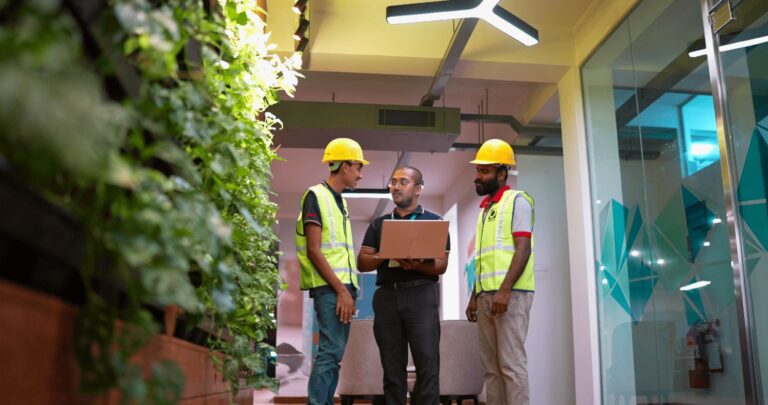Reducing energy costs is a top priority for businesses in Sri Lanka. Industrial air conditioning systems, while essential, can be significant energy consumers. Here are some strategies to reduce energy costs while maintaining effective cooling.
Invest in Energy-Efficient Systems Upgrading to energy-efficient AC systems can yield substantial savings. Look for units with high SEER (Seasonal Energy Efficiency Ratio) ratings and those that use inverter technology. These systems adjust their output based on cooling demand, reducing energy consumption.
Regular Maintenance Regular maintenance ensures that your AC system operates at peak efficiency. Clean filters, coils, and other components reduce the strain on the system, leading to lower energy use. Schedule routine inspections and servicing to keep your system in top condition.
Optimize Temperature Settings Set your AC system to an optimal temperature that balances comfort and energy use. Avoid setting temperatures lower than necessary, as this increases energy consumption. Implement programmable thermostats to adjust settings based on occupancy and operational hours.
Use Zoning Systems Zoning systems allow you to cool specific areas of your facility as needed, rather than cooling the entire space. This targeted approach reduces energy use and costs. Implementing zoning controls can enhance efficiency, especially in facilities with varying cooling requirements.
Improve Insulation Proper insulation minimizes heat gain and loss, reducing the load on your AC system. Insulate walls, roofs, and windows to maintain consistent indoor temperatures. This not only improves energy efficiency but also enhances overall comfort.
Utilize Natural Ventilation Take advantage of natural ventilation whenever possible. Open windows and use exhaust fans to supplement your AC system, especially during cooler periods. This reduces reliance on mechanical cooling and lowers energy consumption.
Install Energy Recovery Ventilators (ERVs) ERVs capture and reuse waste energy from exhaust air to pre-condition incoming fresh air. This process reduces the energy required to cool or heat the fresh air, enhancing overall efficiency. ERVs are particularly effective in facilities with high ventilation needs.
Implement Smart Controls Smart controls and building management systems allow for precise control over your AC system. These systems can optimize cooling schedules, monitor energy use, and adjust settings based on real-time data. Implementing smart controls can lead to significant energy savings.
Use Blinds and Shades Install blinds or shades on windows to block direct sunlight and reduce heat gain. This simple measure can lower the cooling load on your AC system, reducing energy use and costs.
Upgrade to LED Lighting LED lighting generates less heat compared to traditional lighting, reducing the cooling load on your AC system. Upgrading to energy-efficient lighting can enhance overall energy efficiency and lower both lighting and cooling costs.
Conduct Energy Audits Regular energy audits can identify areas where your AC system can operate more efficiently. Audits can reveal issues such as poor insulation, leaks, or outdated equipment. Addressing these issues can lead to significant energy savings.
In conclusion, reducing energy costs with industrial AC systems in Sri Lanka involves a combination of efficient equipment, regular maintenance, and strategic operational practices. By implementing these strategies, businesses can achieve substantial energy savings while maintaining effective cooling and a comfortable working environment.
MONARCH LANKA ENGINEERING (PVT) LTD is the best place for industrial AC and ventilation services in Sri Lanka. Their energy-efficient systems and expert advice can help you achieve significant cost savings.


